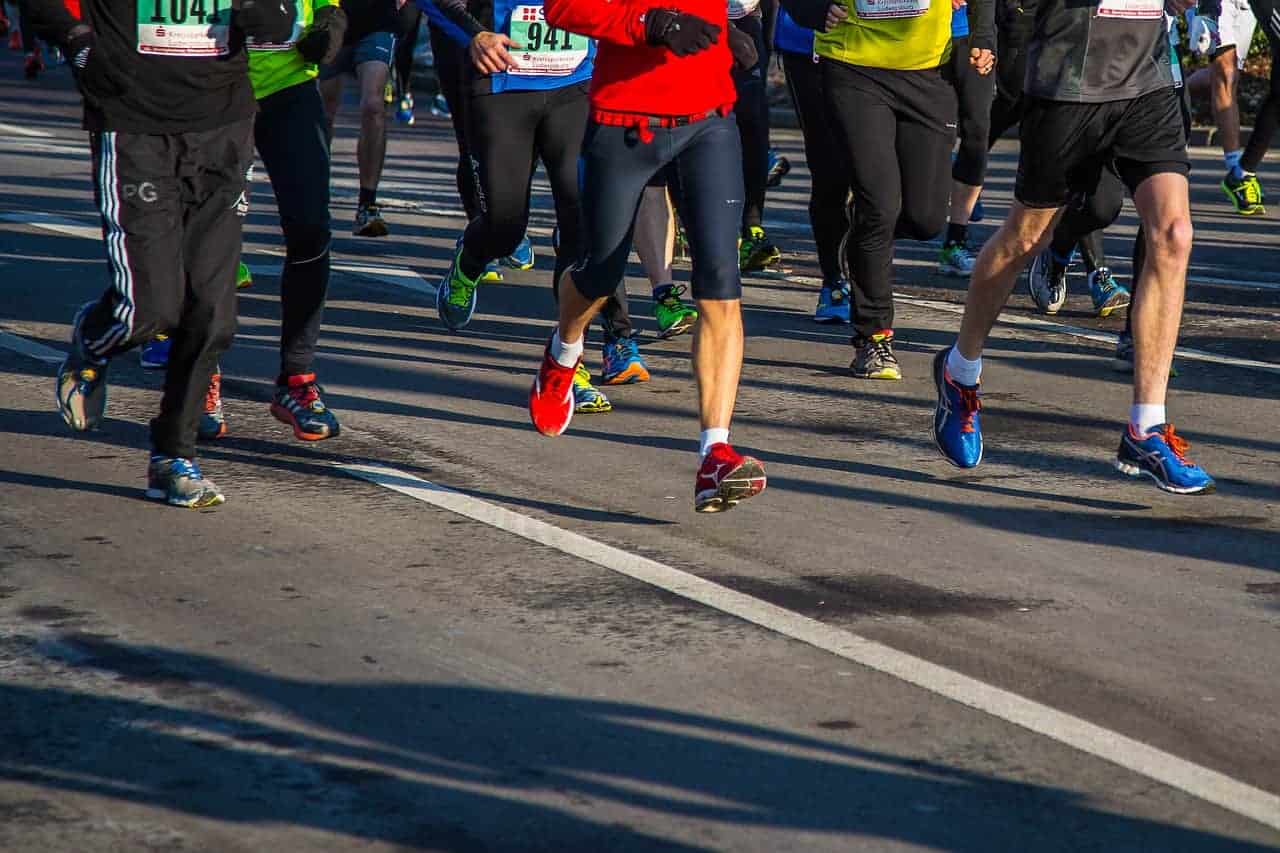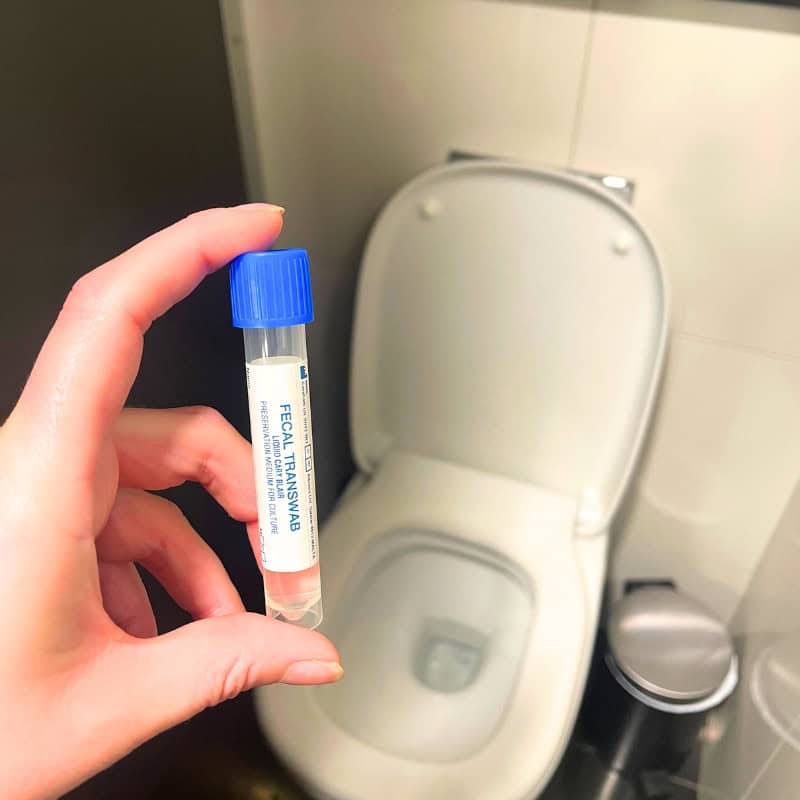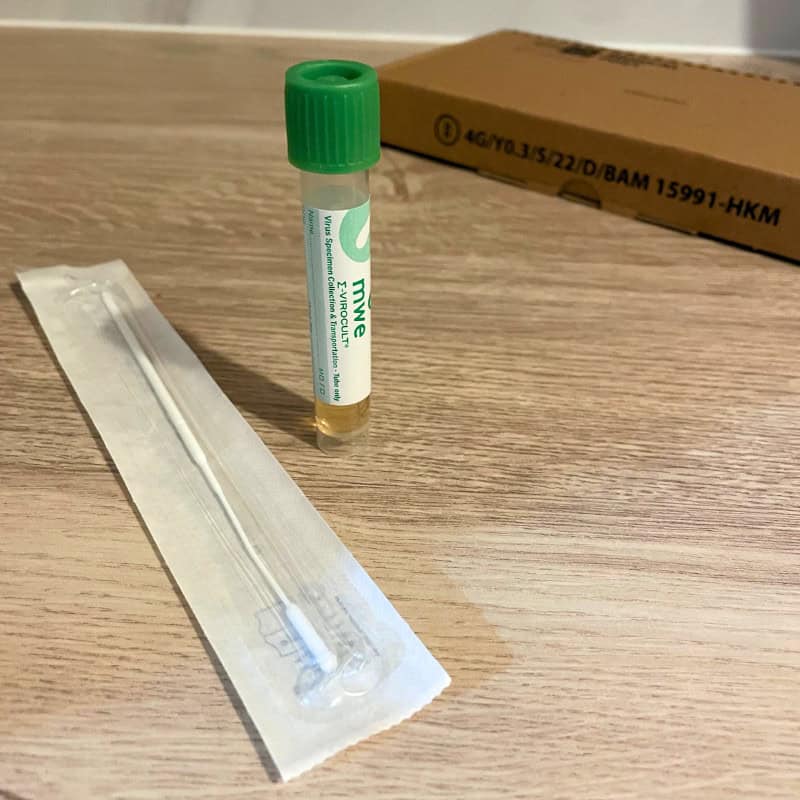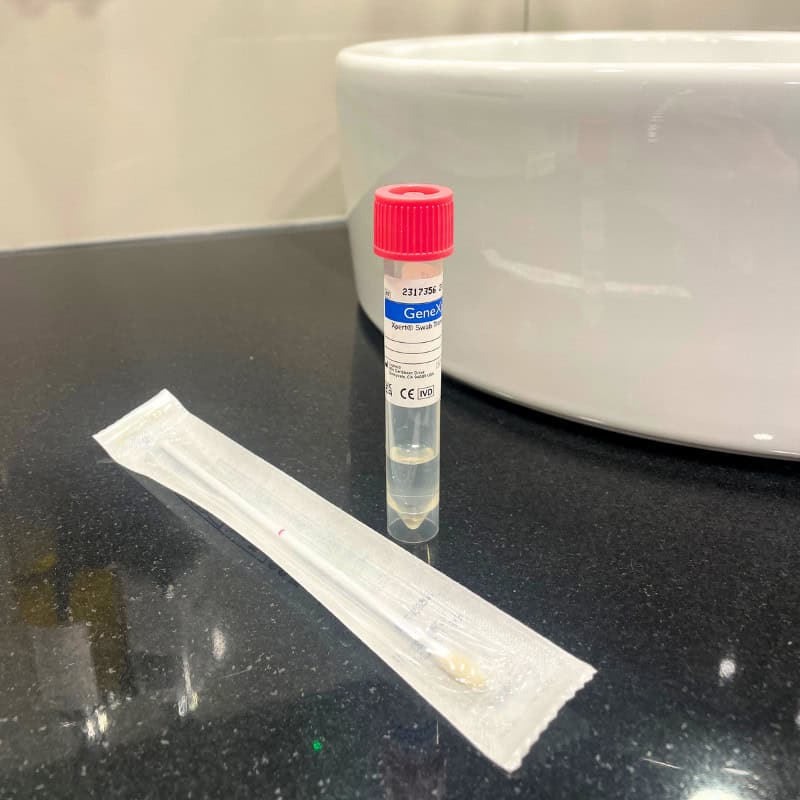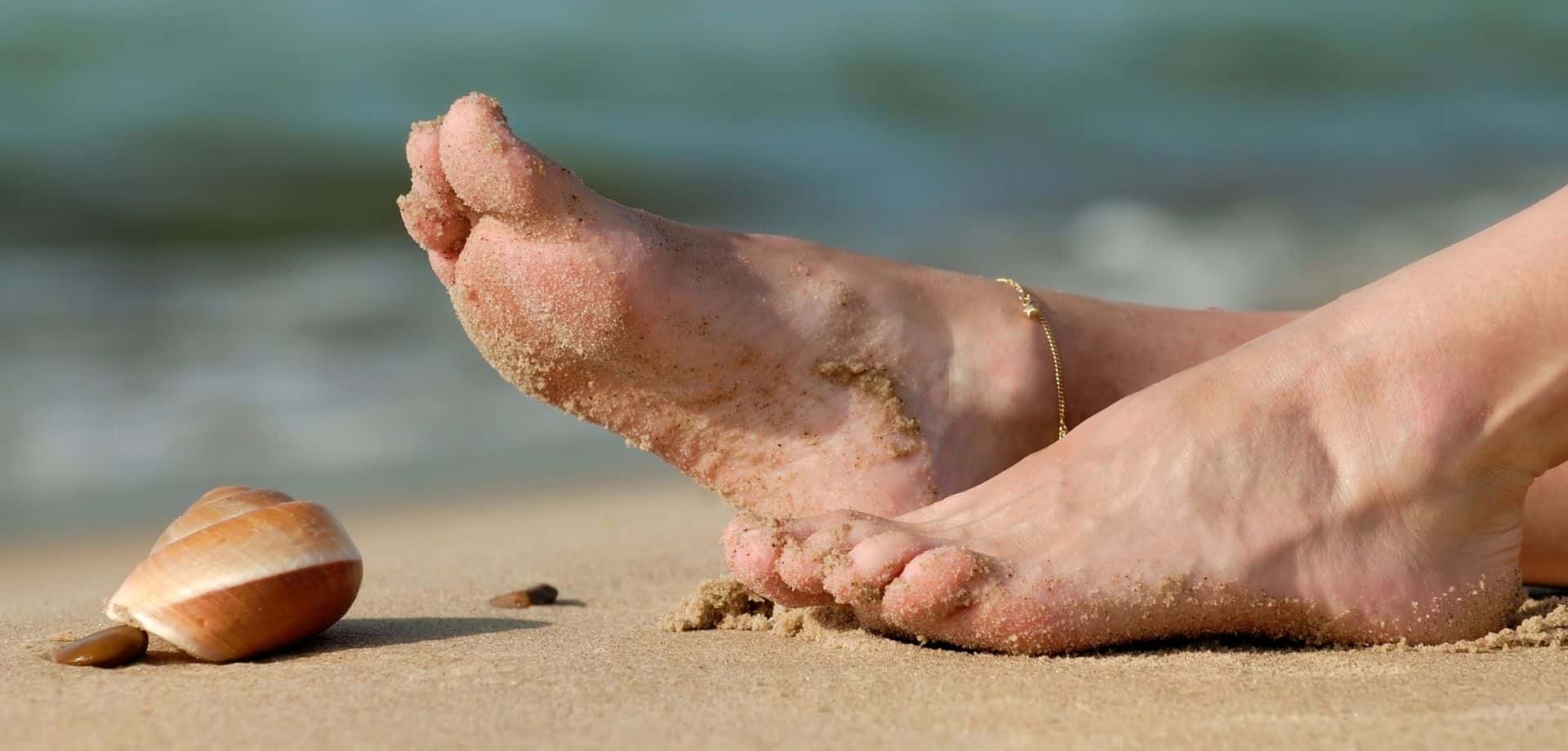Month: September 2019
Exercise More – Get Outdoors
Today is National Fitness Day. September is a great time to redress the balance after summer holidays and make a new exercise plan. Time to get out and get moving!
Regular exercise has many benefits – a healthier heart, increased well-being, and a better quality of life. Research shows that if you exercise with friends, you are more likely to continue to keep fit, as the social environment encourages positive associations with the activity.
Exercising outdoors can contribute to this feeling of wellbeing. Organised outdoor exercise groups have grown in popularity recently, with a wide range of community-based activities across the country. A few of the more popular outdoor exercise activities are detailed here:
Park Run – Over 1 million Britons have taken part in Park Run – the Saturday morning 5k run in local parks across the country.
Project Awesome – A free community exercise group based in London, Bristol and Edinburgh, Project Awesome is based on high-energy, early morning exercise classes designed to kick-start your day.
Good Gym – For those who’d like to combine voluntary work with exercise, Good Gym enables you to meet like-minded people to run and work together on community projects in your local area.
British Military Fitness – Operating in parks across the UK, British military fitness classes are run by serving or former members of the armed forces with recognised fitness training qualifications. Classes are graded by ability group and are for members of the public. They are designed for all abilities, from those just starting to exercise who want to lose weight, to the already very fit.
Open Air Swimming – If you’re a keen swimmer, have you ever tried swimming outdoors? There are many reported benefits to open-air swimming, which can be enjoyed all year round even in the UK, with or without wetsuits. Check Wild Swim for your nearest open-air swimming site.
Getting Fit with Fleet Street Clinic
Our podiatrists can offer advice on appropriate footwear for exercise and our dietician and osteopath can work with you to support your exercise regime, ensuring a holistic approach to achieving a long-term, healthier you.
Albania, located in Southeastern Europe, is a tourist haven this time of year.
Albania has much to offer, from stunning mountain scenes to crumbling castles to picture-perfect beaches all with easy-going charm and a friendly atmosphere. Right now the tales of its beauty haven’t quite reached the masses, but we have a feeling this is likely to change in the not too distant future.
If you plan on staying in Albania‘s capital, Tirana, be sure to see the rotating restaurant/ bars for spectacular city views. Or take to the countryside and seashores to take in the ubiquitous sight of the abandoned concrete bunkers of Albania. Fearing invasion during the Cold War, Albania’s leader Enver Hoxha forced his country to build tens of thousands of bunkers throughout the country. These days you’ll see most in a state of slow decay but some have been given a new lease of life as a hotel, home or museum.
Visit Berat, to see the ‘town of a thousand windows’. This fascinating city dates back to the Ottoman Empire. The most striking feature of Ottoman architecture is the collection of whitewashed houses and towering minarets which adorn the hill to its castle. It is easily a highlight of visiting Albania. If, however, you prefer the great outdoors scale the peaks and troughs of the Accursed Mountains and take in the captivating castles of Gjirokastra.
Whatever your plan to do, be sure to follow our top travel tips to stay healthy in Albania.
Routine Vaccinations
All travellers to Albania are advised to be in-date with their routine immunisations. These include diphtheria-tetanus and polio and measles, mumps and rubella. Europe has seen huge outbreaks of measles in recent years. Therefore, all travellers should make sure they have received at least two doses of the vaccination, MMR.
If you’re unsure of your immunity, you can have a simple blood test to find out. Some travellers may wish to consider vaccinations for Hepatitis A and Hepatitis B, Rabies, and Tick-Borne Encephalitis. It is best to book a pre-travel consultation with a travel nurse to discuss your holiday plans. Together you can discuss what vaccines you’ll need.
Trekking and Ticks
The dramatic peaks of the Accursed Mountains spread their spoil between Kosovo, Albania and Montenegro. Those who plan to take advantage of the great outdoors should strongly consider vaccination against tick-borne encephalitis (TBE). TBE is a bacterial infection spread via tick bites or the consumption of unpasteurised dairy produce (between spring to autumn). Contracting the illness causes a fever with neurological complications.
TBE is vaccine-preventable and consists of 2 doses of the vaccination being given at least 2 weeks apart. A third dose is given 5-12 months later to give longer-term protection. Travellers should also avoid ticks by wearing long trousers and socks, and using DEET insect repellant. If you spot a tick on you, it needs to be removed promptly with some flat tweezers or a tick remover and cleaned with alcohol to reduce the risk of infection.
Rabies
Rabies is a fatal virus found in the saliva of infected mammals. Travellers can be exposed to it through a bite, scratch or a lick to an open area of skin. Therefore, you should avoid contact with animals, especially wild and stray animals. The vaccination against rabies means that treatment can be given easily and in the country should a risk of rabies occur.
You will require a series of 3 vaccinations to be given over a 3 week period. Or over 1 week if a rapid course is needed. Travellers at greater risk are those who plan to do outdoor activities such as hiking, trekking, cycling or caving.
For more information on our vaccines, please visit our, travel and wellness vaccination pages.
First Aid Kit
For those trekking in the hills, packing good basic first aid kit is essential. The availability of health care and first aid supplies are very limited in rural areas, particularly outside Tirana. Therefore, you should make sure you bring your own adequate basic provisions. These include pain relief, plasters and medication to treat an upset stomach, such as loperamide and oral rehydration salts. Cuts, scapes blisters and even a twisted ankle can occur, so take blister pads, some waterproof dressings and a bandage to deal with any minor injuries whilst you are there.
Access to safe water may be limited. You should consider packing chlorine dioxide tablets to purify your own water. Alternatively, you can purchase a water-to-go bottle which has a built-in filter. If you take regular prescription medication, be sure you pack enough to last your entire journey. And, remember to carry the prescription with you just in case.
Book your travel appointment today
By Anna Chapman | Travel Nurse | September 2019
It’s now coming to the end of summer and many of us have spent plenty of time around pools and on the beach. Which can be wonderful, of course. However, bacteria and viruses can thrive in these locations causing foot infections.
George, our podiatrist talks about one in particular: the pesky verruca.
Verrucae are commonly found on the foot and are relatively harmless. However, there is the possibility they have other more sinister properties. Some can become malignant and/ or grow and spread across the foot causing a host of uncomfortable or potentially dangerous problems.
Verruca or Verrucae are caused by the Human Papilloma Virus (HPV). There are hundreds of different types of HPV and different strains infect the body differently. Some types infect the skin, causing verrucae. Even if you come into contact with the virus that causes warts, the risk of becoming infected and developing a wart is small.
Common warts and plantar warts are not usually a serious health concern. These viral warts have not been shown to play an aetiological role in wider known high-risk HPV-linked diseases* such as cervical cancer and Bower’s disease. This is due to HPV presenting as different strains. Having one does not mean you have the other.
*For additional information on HPV’s link to cervical cancer and HPV’s link to Bowen’s disease, we recommend Macmillan’s website.
Contrary to what the old wives tale would have you believe, warts are not caught from touching a toad. Viral plantar warts are in-fact contracted via skin to skin contact or surface to skin contact; among other suggested routes. While common warts are usually painless, plantar warts can be painful because they press inward when you stand on your feet.
In appearance, these lesions are lumps that are generally circular in shape and appear slightly raised and can be callused over with thicker skin. Some will present with small black/deep-red specks, often noted as the capillary heads and others can be clustered into groups. If you have any small areas of skin you are concerned about then it is important to have these reviewed by your Podiatrist immediately.
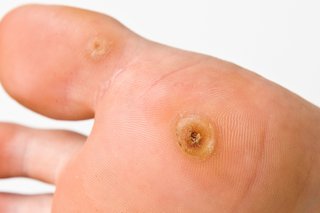
For many, a verruca will disappear in a few weeks to months. However, if they do not it is likely you will require treatment to remove them before they grow or spread. Although one small verruca can be pain-free but unsightly, a large cluster can be quite painful to walk on. Adjusting your walk to relieve the pain can lead to further foot complications. So, it is best to take action as soon as possible.
Over the counter treatment options may work for some people. However, stubborn, persistent verruca will require more appropriate specialist treatment and observation. A medical professional should review all lesions. This is very important so to rule out more serious health concerns.
Specialised treatment is often provided with minimal pain with great results. High strength acid paste or cryotherapy using true liquid nitrogen can be the most appropriate methods for nearly all strains of verrucae. Your podiatrist will advise you on the best course of action based on the verruca presentation, your lifestyle and detailed medical history.
We advised you do not begin treatment without consulting a medical practitioner first. Your Podiatrist should be the first port of call when dealing with these pesky verrucae.
For more information about our podiatry service, our foot health check-up, cryotherapy and medical pedicures.
By George Hill | Podiatrist | September 2019

